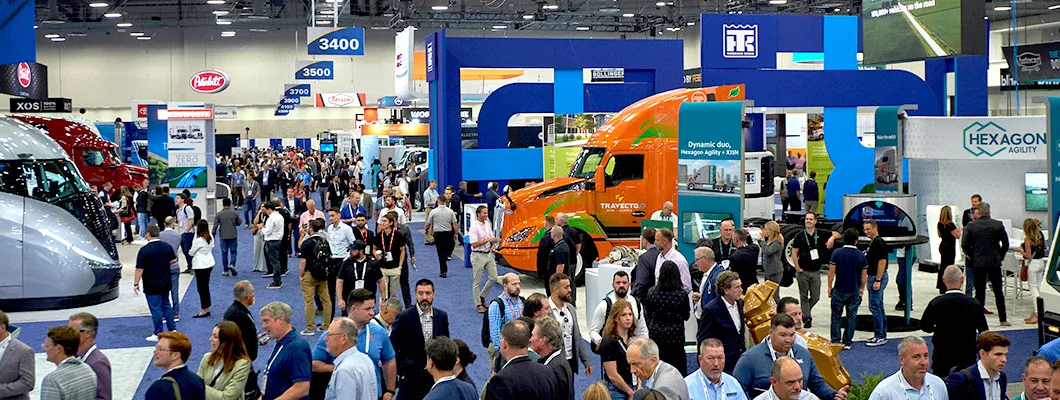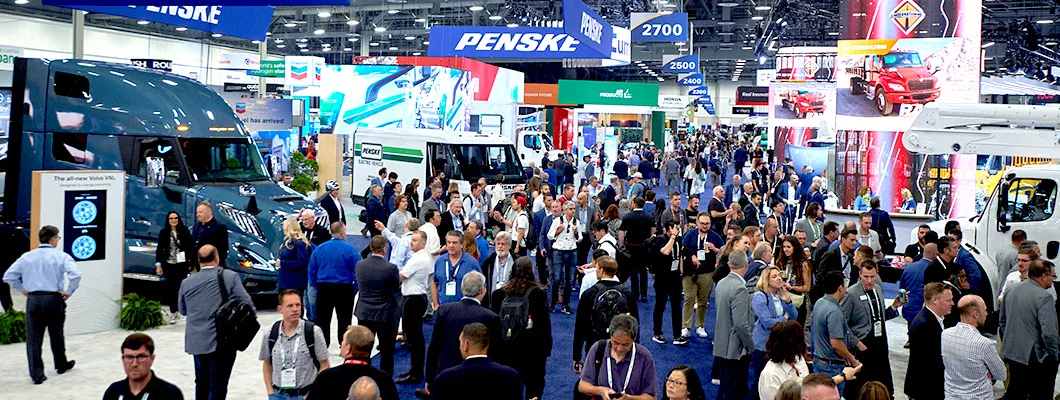## Hold onto your virtual steering wheels, gamers!
The real world is catching up with our in-game ambitions for a greener future. Volvo’s Chief Technology Officer, Lars Stenqvist, isn’t content with just one path to net-zero emissions. He’s calling for a multi-technology approach, a strategy that’s more like a boss rush than a single-track journey.

Think of it this way: instead of relying on just one overpowered weapon to defeat the final boss (climate change), Stenqvist is building an arsenal.
From electric vehicles to hydrogen fuel cells, biofuels, and even synthetic fuels, he’s pushing for a diverse tech lineup to tackle this global challenge. So buckle up, because we’re about to dive into the details of Volvo’s bold strategy and explore how gamers can become champions of sustainability in both the real and virtual worlds.Beyond the Engine: Examining the Role of Software, Data Analytics, and Connected Vehicle Technology in Volvo’s Sustainability Strategy
The Software Revolution in Automotive

Volvo is known for its commitment to safety and innovation, but its latest sustainability strategy goes beyond the traditional focus on engine efficiency. Volvo’s Chief Technology Officer, Lars Stenqvist, has made it clear that the future of sustainable mobility lies in a multi-technology approach, heavily reliant on software, data analytics, and connected vehicle technology. This shift signifies a fundamental change in the automotive industry, recognizing that software is now a core driver of both performance and environmental impact.
By leveraging data collected from its vast fleet of vehicles, Volvo gains valuable insights into driving patterns, traffic conditions, and energy consumption. This data is then used to optimize vehicle performance, improve route planning, and develop predictive maintenance strategies. Connected vehicle technology enables real-time communication between cars and infrastructure, paving the way for smarter traffic management systems that reduce congestion and emissions.
Data Analytics: A Key to Sustainability
Volvo’s dedication to data analytics extends beyond its own vehicles. The company is actively collaborating with other industry players and research institutions to develop open data platforms and standardized protocols for sharing transportation data. This open approach fosters collaboration and accelerates the development of innovative solutions for a more sustainable transportation ecosystem.
Driving the Future: Highlighting Specific Examples of Volvo’s Technological Advancements and Their Potential Applications in the Gaming World
Virtual Driving Simulators
Volvo’s advanced driver-assistance systems (ADAS), powered by sophisticated algorithms and machine learning, have the potential to revolutionize virtual driving simulators. By integrating real-world driving data and physics engines, Volvo’s technology could create incredibly realistic and immersive driving experiences for gamers. This could lead to the development of advanced driving training simulations for professional drivers or even create new entertainment experiences that push the boundaries of virtual reality.
AI-Powered In-Game Environments
Volvo’s expertise in AI and data analytics can also be applied to create more dynamic and engaging in-game environments. Imagine a racing game where the AI opponents adapt their driving styles based on your performance, or a city-building simulator where traffic flow and environmental factors are realistically simulated. These applications could significantly enhance the realism and replayability of games, providing players with more engaging and challenging experiences.
A Glimpse into the Future: Speculating on How Volvo’s Research and Development Could Shape the Future of Gaming and Its Environmental Footprint
Sustainable Game Development
Volvo’s commitment to sustainability extends beyond its own products. The company’s research and development efforts could pave the way for more environmentally responsible game development practices. By developing tools and technologies that reduce the energy consumption of game development and distribution, Volvo could significantly reduce the carbon footprint of the gaming industry.
Eco-Conscious Gaming Experiences
Volvo’s expertise in connected vehicle technology and data analytics could lead to the development of gaming experiences that raise awareness about environmental issues. Imagine a game where players make choices that directly impact the environment, learning about the consequences of their actions in a tangible and immersive way. This could be a powerful tool for educating gamers about sustainability and inspiring them to make more eco-conscious choices in their everyday lives.
Volvo’s Commitment: Showcasing How Volvo’s Sustainability Goals Align with the Growing Demand for Responsible Gaming Practices
Shared Values
Volvo’s commitment to sustainability resonates with the growing demand for responsible gaming practices among players and developers alike. The gaming community is increasingly aware of the environmental impact of its favorite hobby, and there is a growing desire for more sustainable and ethical gaming experiences.
Building a Green Community
Volvo’s partnership with the gaming industry could empower gamers to contribute to a more sustainable gaming ecosystem. Gamers can make conscious choices about the hardware they use, opting for energy-efficient devices and supporting developers who prioritize sustainability in their game design and development practices.
Building a Green Community: Exploring the Opportunities for Gamers to Contribute to a More Sustainable Gaming Ecosystem Through Choices Like Using Energy-Efficient Hardware and Supporting Eco-Conscious Game Developers
Energy-Efficient Hardware
Gamers can contribute to a more sustainable gaming ecosystem by choosing energy-efficient hardware. This includes opting for graphics cards and processors with lower power consumption, using energy-saving settings on their devices, and powering down their consoles and computers when not in use.
Supporting Eco-Conscious Game Developers
Gamers can also support game developers who prioritize sustainability in their practices. This includes choosing games that are developed using environmentally responsible methods, supporting developers who donate a portion of their profits to environmental causes, and advocating for more sustainable practices within the gaming industry.
Playing for Change: Examining the Potential for Games to Raise Awareness About Environmental Issues and Inspire Action Among Players
Gamified Environmental Education
Games can serve as powerful tools for raising awareness about environmental issues. By immersing players in realistic simulations of environmental challenges, games can provide a tangible and engaging way to learn about the impact of human actions on the planet.
Inspiring Action
Beyond raising awareness, games can also inspire players to take action. By allowing players to make choices that have real-world consequences, games can empower players to become more environmentally conscious in their daily lives.
Conclusion
Lars Stenqvist’s vision for Volvo isn’t about choosing a single technology to conquer net-zero emissions, but rather embracing a diverse arsenal of solutions. He champions a multi-technology path, recognizing that the journey to sustainability requires a multifaceted approach. This means exploring electric vehicles, hydrogen fuel cells, biofuels, and even synthetic fuels, each playing a vital role in reducing Volvo’s carbon footprint.
This stance carries profound implications for the automotive industry as a whole. It signals a shift away from singular technological bets and towards a more pragmatic, adaptable strategy. By fostering innovation across multiple fuel and propulsion systems, Volvo encourages a broader exploration of sustainable solutions, potentially accelerating the industry’s progress towards a greener future. The road to net-zero is undoubtedly complex, but Stenqvist’s bold vision demonstrates that embracing diversity, not singularity, might be the key to unlocking a truly sustainable future for mobility.
Will other automakers follow Volvo’s lead, diversifying their strategies and fostering a collaborative approach to decarbonization? The answer to that question will shape the landscape of the automotive industry for years to come.